Sharing with reporters of Cong Thuong Newspaper, National Assembly delegate Nguyen Quang Huan - Ho Chi Minh City delegation assessed that the Draft Document submitted to the 14th National Party Congress has demonstrated a new step of development in theoretical thinking and practical leadership of the country.
According to him, the spirit of innovation, breakthrough thinking and strategic vision throughout the draft have affirmed the Party's mettle, opening up a specific direction for Vietnam to make a breakthrough in the coming period, taking science and technology, innovation and the private economy as the main driving force, towards green, sustainable development and strategic autonomy.
- How do you evaluate the spirit of innovation and strategic vision in the draft documents submitted to the 14th National Party Congress?
Delegate Nguyen Quang Huan : The draft document submitted to the 14th National Party Congress clearly demonstrates the spirit of innovation, breakthrough thinking and strategic vision for national development in the new period. For the first time in history, the Congress combined three important reports including: Political Report, Socio-Economic Report and Party Building Report into a single document; demonstrating a comprehensive and unified thinking between economic and political development and Party building work. After completing the draft, the Drafting Committee developed a detailed action program to concretize the goals, ensuring that the Congress Resolution soon comes into life.
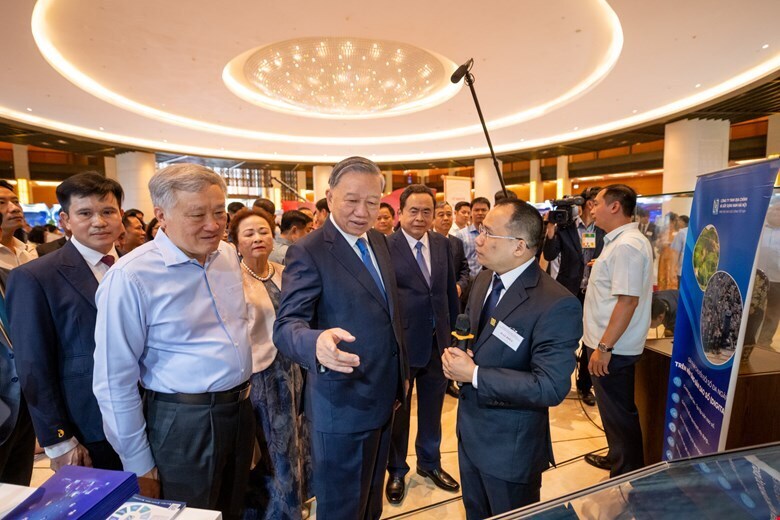
General Secretary To Lam and delegates visit booths at the Private Economic Achievements Exhibition. Photo: Pham Thang.
This draft document has depth in both theory and practice, summarizing valuable lessons from 40 years of innovation, drawing out 5 major theoretical lessons, thereby forming a development strategy in the new period. On the basis of inheriting and promoting the achievements of previous terms, the Party determined that it is necessary to continue to innovate the growth model, shifting the focus to development based on science and technology, innovation, digital transformation and green economy.
A fundamental new point is the “steadfast application and creative development of Marxism-Leninism, Ho Chi Minh thought, and the theory of innovation” . For the first time, our Party has identified “the theory of innovation” as a component part of the Party’s ideological foundation, marking an important step forward in the Party’s theoretical awareness and political mettle in the period of integration and development.
Regarding the strategic vision, the Draft Document proposes two key driving forces: Taking science, technology and innovation as the main driving force to improve labor productivity and form a new growth model. Considering the private economy as the most important driving force of the economy. In particular, the Document clearly identifies the three pillars of development: Economy - Society - Environment, which are placed on equal footing and at the center of all policies, demonstrating a comprehensive and sustainable approach.
- The draft document clearly identifies: Technology development, innovation, and digital transformation as the main driving force; the private economy is “the most important driving force of the economy”. To realize these goals, what additional contents need to be clarified in the document, sir?
Delegate Nguyen Quang Huan: Through the 11th, 12th and especially the 13th Congresses, our Party has gradually formed and consistently advocated shifting the growth model towards relying on science - technology, innovation and digital transformation, considering this as the main driving force of sustainable development.
During the 13th Congress term, this shift was more clearly demonstrated when Resolution 57 of the Politburo affirmed that science and technology, innovation and digital transformation are the main driving forces for economic development.
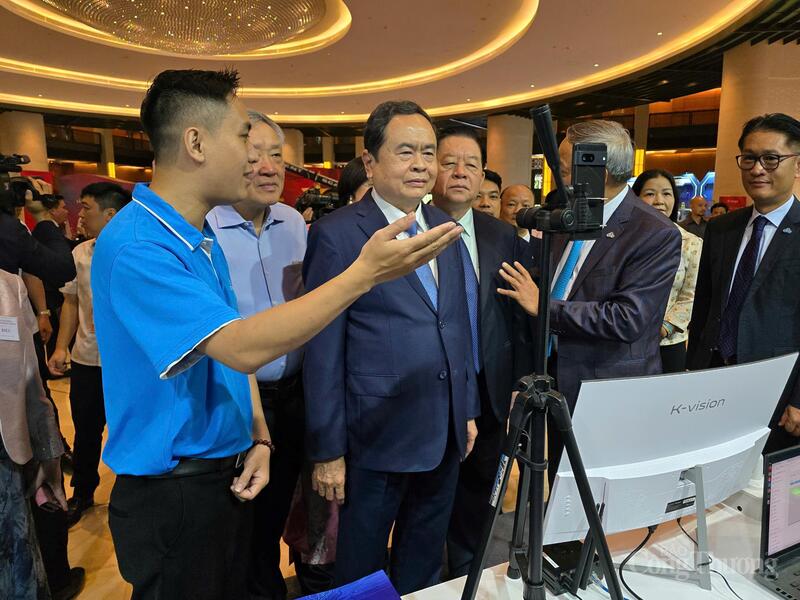
National Assembly Chairman Tran Thanh Man and delegates visit booths at the private economic achievements exhibition. Photo: Thu Huong.
This orientation is completely consistent with the current situation in Vietnam, because the old growth model based on three pillars: public investment, resource exploitation and the FDI sector - has shown its limits. The "bottlenecks" in labor productivity, investment efficiency and economic autonomy have not yet been resolved. Only by developing science and technology, improving labor productivity and comprehensive digital transformation, can Vietnam develop sustainably and catch up with advanced countries.
To realize these goals, the Document needs to clarify the institutionalization of the Party's policies, bringing new concepts such as: Green economy, circular economy, sustainable development according to ESG standards into specific policy frameworks. If not institutionalized, these concepts will be difficult to put into practice, difficult to create unity in perception and action from the Central to local levels, from businesses to people.
- Sir, in the context of a rapidly changing world, what should the Party do to maintain political and social stability, promote innovation and deeper integration?
Delegate Nguyen Quang Huan: In the context of a rapidly changing world, shifting from unipolarity to multipolarity, Vietnam needs to maintain a "dynamic balance", both flexibly adapting to international changes and firmly pursuing the goal of stable and sustainable development.
The core point is to promote the power of “ bamboo diplomacy” – flexible, agile but resilient and consistent in principle. Vietnam needs to be friends with all countries, put national interests first, choose sides, not sides in international relations, thereby maintaining balance and stability.
In addition, deep integration must go hand in hand with proactive development of internal science and technology capacity. Vietnam needs to invest in research, development and “localization” of key scientific fields, including behavioral science and behavioral economics. These are fields that help improve policy-making capacity, promote innovation and build a modern national governance system that adapts quickly to the digital age.
- The draft document emphasizes the improvement of comprehensive and synchronous development institutions; identifies “environmental protection” along with socio-economic development as the central task. “Foreign affairs and international integration” is considered an important and regular task. In the implementation process after the Congress, what are the major institutional “bottlenecks” that the document needs to focus on overcoming? Do you have any additional comments to ensure the document is actionable, feasible and synchronous from the central to local levels?
Delegate Nguyen Quang Huan : In my opinion, the biggest "bottleneck" regarding institutions, environment and international integration is the failure to fully concretize the Party's guidelines and orientations into specific mechanisms, policies and action programs.
Regarding environmental institutions, in addition to continuing to perfect and implement the 2020 Law on Environmental Protection, it is necessary to supplement and synchronize institutions related to climate change adaptation and green growth.
For example, Decision 896/QD-TTg dated July 26, 2022 of the Prime Minister on the National Strategy on Climate Change to 2050 must be specified by unified action programs, with clear coordination between the Central and local levels.
With the viewpoint of shifting from “passive environment” to “active environmental economy” expressed in Decision 1894/QD-TTg, the State needs to soon deploy green economic and circular economic development models; integrate and localize ESG criteria into business development policies, and encourage the private sector to strongly participate in sustainable development goals.
The draft document outlines four strategic transformations: Digital transformation - green transformation - energy transformation - structural transformation and human resource quality transformation. In particular, green transformation and energy transformation need to be more clearly institutionalized, especially the zero emission reduction model (Net Zero) that Vietnam committed to at COP26. These commitments must be concretized through planning, roadmaps and transparent monitoring mechanisms to build trust with the international community and mobilize domestic and international resources for sustainable development.
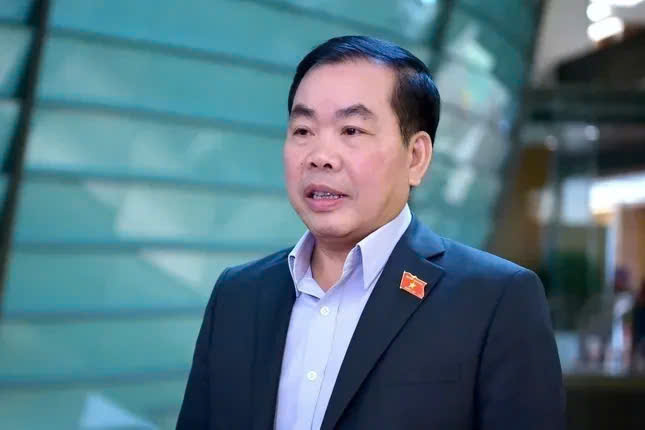
Delegate Nguyen Quang Huan - National Assembly delegation of Ho Chi Minh City. Photo: MH.
I also believe that important decisions such as Decision 888/TTg, Decision 896/TTg issued in July 2025 by the Prime Minister and the Nationally Determined Contribution (NDC) need to be more strongly institutionalized in the legal system, linked to the specific responsibilities of each ministry, branch and locality. Only then can the XIV National Congress Document truly ensure action, feasibility and synchronization in implementation, bringing the goal of "fast, sustainable development associated with environmental protection" into reality, becoming a new driving force for development of the country.
- How do you evaluate the relevance and feasibility of the theme of the 14th National Congress, in the context of the country facing many new opportunities and challenges? What are the biggest innovations in strategic thinking expressed in the Draft Document, sir?
Delegate Nguyen Quang Huan: The theme of the 14th Congress is short and concise, evoking the spirit, will and aspirations of the entire Party, people and army. After 40 years of renovation, the country has accumulated new position and strength. This is the time to make a breakthrough, shifting from "accumulation" to "development", realizing the national development goal until 2030 and the vision until 2045. The theme of the Congress is therefore very appropriate and feasible, as it both demonstrates the spirit of self-reliance and clearly orients the path and methods for us to make a breakthrough.
Regarding innovation in strategic thinking, the most prominent point is clearly identifying science and technology, innovation and digital transformation as the key driving force of development, while placing the private economy as the most important driving force of the economy. This is a major development in awareness, demonstrating a creative mindset, proactively adapting to the times; harmoniously combining strategic autonomy, national self-reliance and deep international integration - three pillars that ensure Vietnam's rapid and sustainable development and affirm its new position in the international arena.
Thank you very much!
At the 12th conference, the Party Central Committee (13th tenure) decided to integrate the contents of 3 documents including: Political Report, Socio-economic Report, Report on Party building summary and implementation of the Party Charter into a Political Report according to a consistent, unified and synchronous axis to submit to the 14th National Party Congress.
The consolidation of important documents, adjustments in themes and structures, and additions and developments in evaluating results, shaping goals, viewpoints and solutions have profoundly and comprehensively demonstrated the Party's innovative and breakthrough thinking.
These are the solid foundations for the 14th Party Congress to orient the country's rapid and sustainable development in the new period, towards the goal of building a prosperous, prosperous and happy Vietnam.
Source: https://congthuong.vn/du-thao-van-kien-dai-hoi-xiv-kien-tao-tam-nhin-chien-luoc-phat-trien-dat-nuoc-giai-doan-moi-428979.html



![[Photo] Panorama of the Patriotic Emulation Congress of Nhan Dan Newspaper for the period 2025-2030](https://vphoto.vietnam.vn/thumb/1200x675/vietnam/resource/IMAGE/2025/11/04/1762252775462_ndo_br_dhthiduayeuncbaond-6125-jpg.webp)
![[Photo] Opening of the 14th Conference of the 13th Party Central Committee](https://vphoto.vietnam.vn/thumb/1200x675/vietnam/resource/IMAGE/2025/11/05/1762310995216_a5-bnd-5742-5255-jpg.webp)



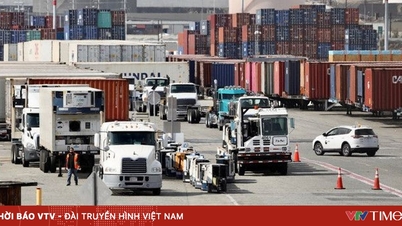



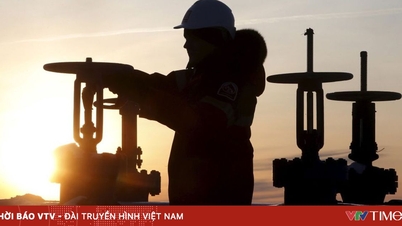


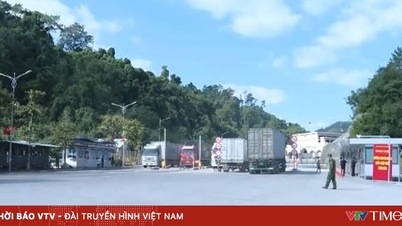































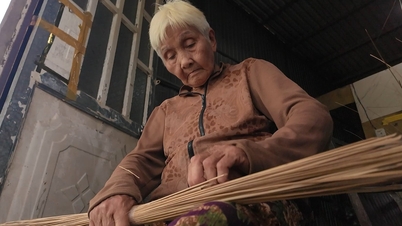














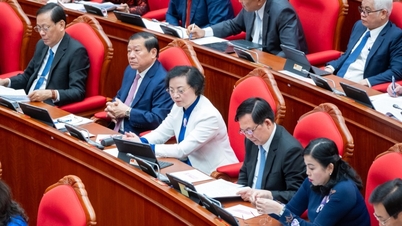
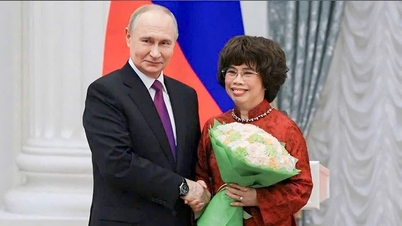

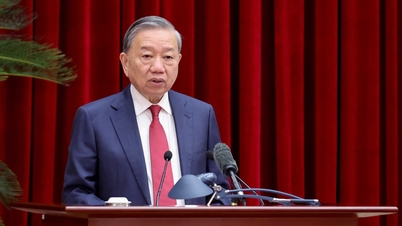


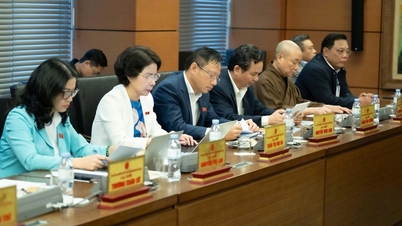

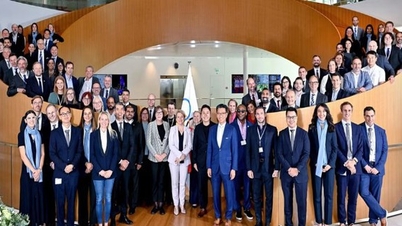

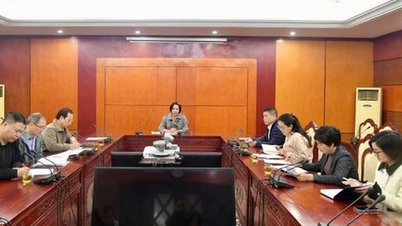
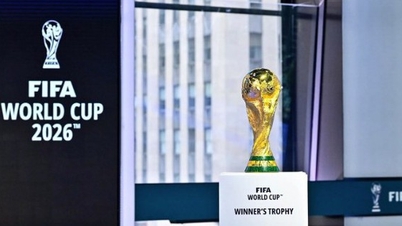
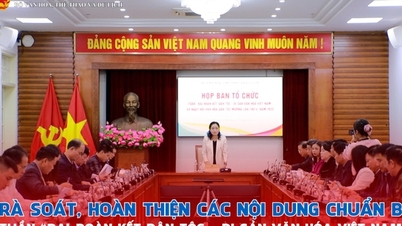
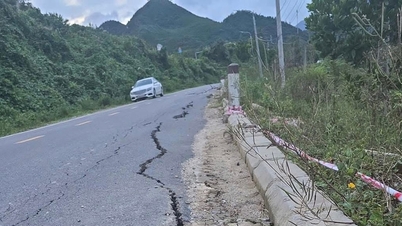

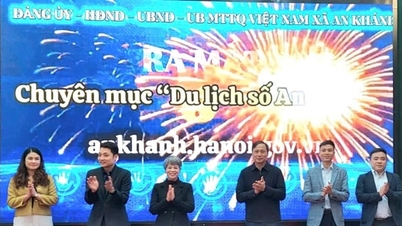

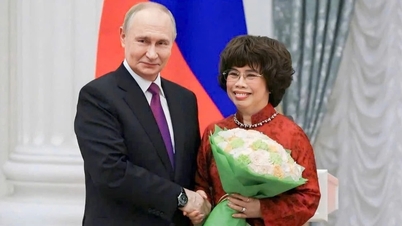

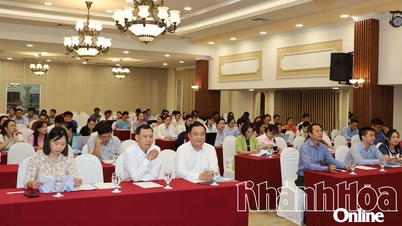



















Comment (0)